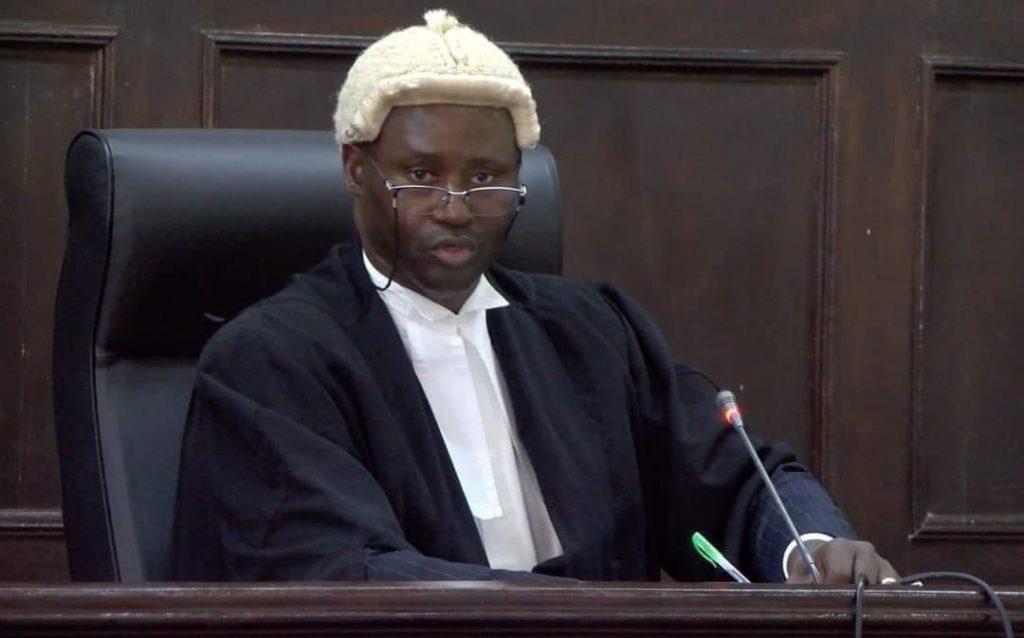Africa-Press – Gambia. The High Court of The Gambia has ruled to admit into evidence two key statements made by Lamin Marena, who is currently standing trial on charges of rape under the country’s Sexual Offences Act of 2013. Mr. Marena has pleaded not guilty to the charge.
The decision, handed down by Justice Ebrima Jaiteh, followed arguments over the admissibility of a voluntary statement and a cautionary statement made by the accused during the police investigation. Both statements, prosecutors argue, are central to establishing the facts of the case.
During the proceedings, Police Officer Hamat Sabally, testifying as the prosecution’s first witness, recounted his interactions with Mr. Marena and described the circumstances under which the statements were obtained. Mr. Sabally told the court that the cautionary statement, dated August 4, 2023, was taken after the appropriate cautionary words were administered in the presence of an independent witness. The voluntary statement was recorded on August 17, 2023.
While the defense, led by Counsel C.U. Uduma, did not contest the admissibility of the voluntary statement, they objected to the cautionary statement, arguing that it had been made under duress and was therefore inadmissible.
In response, the prosecution maintained that the defense had failed to provide any concrete evidence or specific details to substantiate the claim of coercion. Justice Jaiteh concurred, emphasizing that a mere allegation of duress, without supporting facts, is insufficient to exclude a statement or justify a separate trial on its voluntariness.
Justice Jaiteh noted that the accused’s voluntary statement explicitly denied the rape charge, while the cautionary statement provided the accused’s account of the events, with both statements appearing consistent and interconnected.
The judge further highlighted that the cautionary statement had been taken in the presence of an independent witness, with no credible evidence presented to challenge the integrity of that process. Upon review, Justice Jaiteh found no indication—either on the face of the statement or in the circumstances surrounding its taking—that it had been obtained involuntarily or in violation of the accused’s rights.
Citing Section 31(2) of The Gambia’s Evidence Act, which permits the admission of confessional statements provided they are made voluntarily, Justice Jaiteh ruled that the legal standard for admissibility had been met.
Finding no merit in the defense’s objection, the court admitted both statements into evidence. They were formally marked as Exhibit P1, the voluntary statement dated August 17, 2023, and Exhibit P2, the cautionary statement dated August 4, 2023.
For More News And Analysis About Gambia Follow Africa-Press






